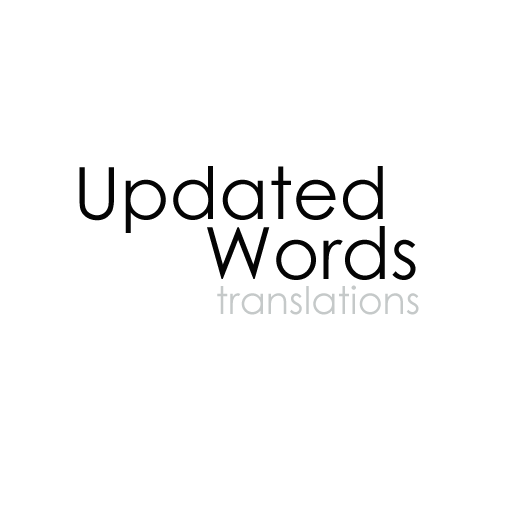Why do language variants exist?
Translating language variants and different dialects can be a sore subject for translators. Land yourself in the deep Scottish highlands and you will soon find out that you don’t need to cross over the Atlantic to find words and expressions you’ve never heard before. Language variants happen in English, Portuguese, Spanish, French and other languages spoken in more than one country. Languages evolve culturally and adapt constantly to the changes they are exposed to. Similarly, different influences and attempts to break away from the chains of the mother-language make deriving languages strive for difference. Whereas British English retained a lot of French influence in its spelling (colour, labour, favour), American English decided to drop the u.
Other well-known differences include the use of words of different origin: nappy/diaper, pavement/sidewalk, aubergine/eggplant.
The same happens with other languages. This is why it’s fundamental that translators are equipped with the correct knowledge to make accurate translations.
Can a translator work with all language variants?
Most translators are able to handle different dialects to an acceptable standard, especially if they are the source language rather than the target.
However, acceptable standards are not what clients should be aiming for. Some translators have developed skills in more than one language variants, but they always end up picking one as their default working language. In my case, I specialise in European Portuguese and British English. Depending on the level of complexity, I can work with American English and Brazilian Portuguese but when it comes to Australian English or African Portuguese, I can’t help.
In order to source cheaper translation work, some companies choose to use machine-assisted translation or a single language-variant translator and then hire someone to do localisation services.
Photo by Luis Quintero on Pexels.com
Do dialects really make a difference?
When translating language variants, the first step is to identify the dialect. At times, clients forget to disclose the dialect of the source language and it’s up to us as translators to identify them. To do this, we look at the subtle changes. British English will present verbs with “s” and American English with “z”. British English readers are more familiar with American English and will accept the language variant. However, in my experience, American English speakers will dismiss “realise” as a spelling mistake. When the quality of your work is at stake, you must ensure you are translating into the required language variant.
Recently, a client hired me to translate a hotel brochure into Portuguese. Further into our conversation, the client disclosed the brochure was for a hotel presentation in Brazil. I panicked. I had already completed half of the work and my deadline was tight. This is a common occurrence in freelance translation in which clients assume our native language is the dialect they want. I spoke to the client honestly. I believe being frank and stating your difficulties is better than trying to bury them and risk your reputation. The client apologised and asked me to do the necessary changes within the time-frame into the different dialect.
This meant I spent a considerable amount of time working on this Portuguese language variant. Some of the words I had to change were “casa de banho” to “banheiro” and “pequeno-almoço” to “café da manhã”. I also had to pay attention to reflexive verbs and pronoun positioning. In the end, I was happy with the end result. Luckily, the source text was fairly simple and I was familiar with the language. I can only imagine the readers’ reactions if I hadn’t made those important changes.
Should translators work with all the variants?
The more qualified you are, the better you can become. The more skills you have, the more work you can get. Therefore, in that regard, you can only gain from translating different dialects. It is not reasonable to expect, though, to expect translators to acquire these skills and it’s probably better to focus on your language pairing(s).

